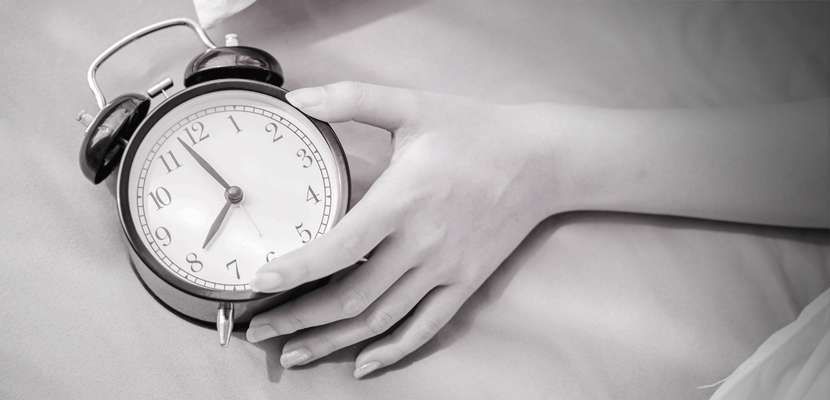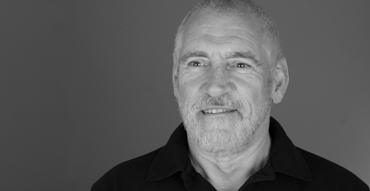Learning in your sleep
26 Feb 2018

We bought a piano at Christmas for our daughter, with the express purpose of she and I learning together. Sounds like fun, right? It was, until I started getting frustrated at my inability to remember anything from one moment to the next. You can imagine the ‘joy’ my family experienced, when I decided I wanted to be able to play God Save the Queen. Perfectly. Two in the morning and the Queen was most definitely not being saved. It was most definitely time to sleep.
Fast forward to (much) later that morning and the strangest thing happened. Whilst far from perfect, my hands appeared to belong to someone who could actually play the tune. Indeed, they knew which keys to play before my brain had registered that my finger needed to play a B (Every Good Boy Deserves Fun, and all that…)
We all instinctively know how important a good night’s sleep is; I’m pretty sure everyone can remember that foggy-headed feeling when we haven’t had enough of the stuff. What science is now showing is JUST how crucial sleep is to every area of our life. From depression to heart disease, diabetes, even Alzheimer’s, the link between inadequate sleep and a whole host of negative impacts is being demonstrated.
On the flip side, getting sufficient sleep – 8 hours, as recommended by the World Health Organisation – impacts positively on our lives in all sorts of fascinating ways. Cardiovascular health, an immune system which functions optimally, your ability to stay (or become) slim, even how attractive you are to others (yes, really!). Not to mention memory.
When we were teaching our clutz of a daughter to ride her bike, my husband always suggested teaching her in small chunks, over many days. It seemed counter-intuitive to me (possibly, I wanted the torture over and done with, much as, I suspect, she did too), but for a variety of reasons, it paid off. Sleep, it turns out, helps one to ride a bike. Who knew?!
Most of us will be au fait with the concepts of the REM and non-REM sleep. NREM is associated with the transfer of new information from short to long term storage. Performing a very different function is REM; it is responsible for integrating all this new information with what’s already in there. It adds and builds to your brain’s perception of how things work, increasing your ability to find new ways to solve problems. Cycling in 90 minute phases throughout your slumber, both phases performing a different function. What’s not such common knowledge is that each of these cycles are not identical. The first half of the night is predominated by NREM, then flips over to mostly REM for the last half. The consequences for losing sleep – even for just one night – are not to be taken lightly. Go to bed a couple of hours later than normal and your NREM sleep is reduced by up to 90%, get up a couple of hours earlier and the same is true for REM sleep.
But there’s more. It turns out that the vast majority of motor learning (that’s movement skills, not learning to drive!) takes place in the last 2 hours of sleep. If you get up earlier than planned after learning a new skill, the beneficial effects of your 8 hours of shut-eye will not reach their full potential. And there’s more. The link between sleep deprivation and impaired athletic performance is compelling. Injury risk, reduced aerobic output, decreased muscle strength to name but a few, are all increased with anything less than 8 hours sleep – and most especially under 6 hours.
The implication for athletes and those working with them – indeed, for us all – is clear. Getting enough sleep isn’t optional, it’s imperative.
Want to find out more?
For a fascinating and informative read, make your next bed time read Why We Sleep, by Prof Matthew Walker.
Author: Helen Brooker Collins

A leap forward in performance
To find out how Grey Matters can take you or your athletes to the next level click below to get in touch.
Contact us
A message from Dave Collins
Performance psychologistIn an increasingly confused world of ‘sciency’ researchers and commercial gurus, Grey Matters focus on providing a clear, evidence-based service that puts YOU in charge.
View Dave on LinkedIn